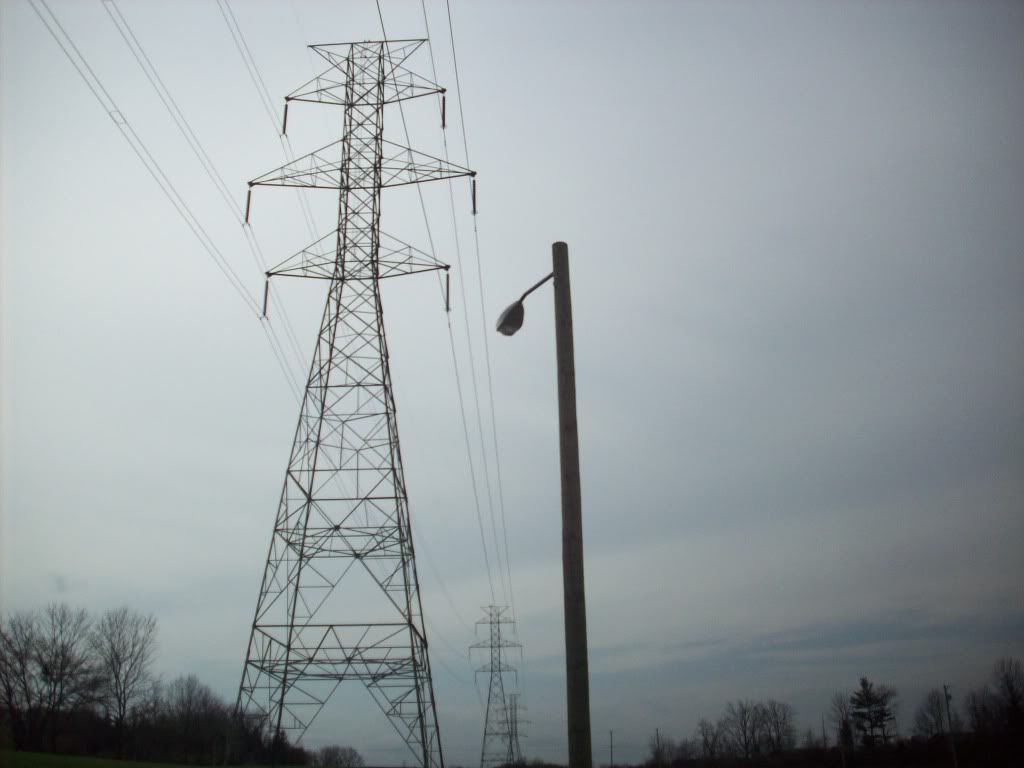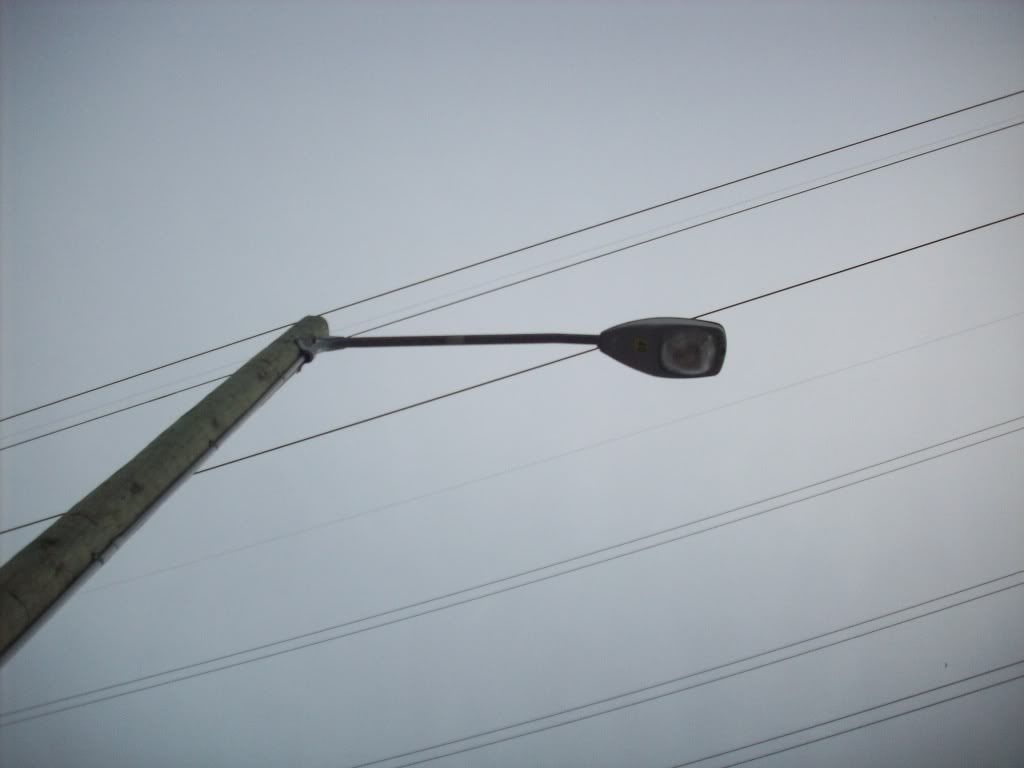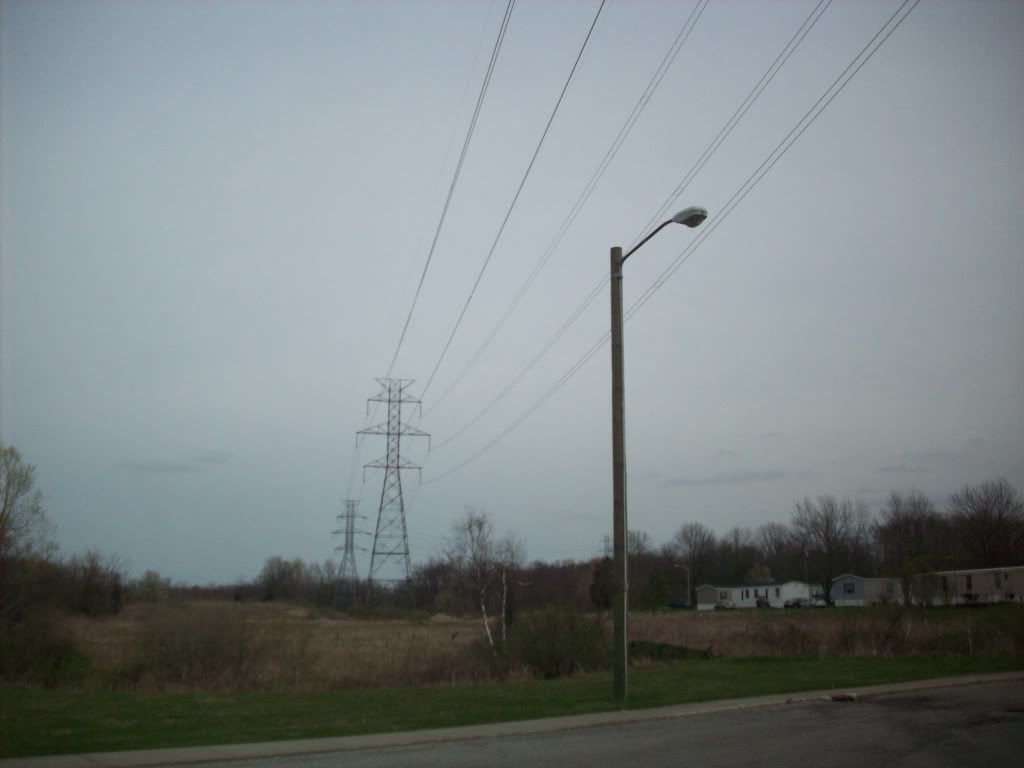I've serviced some light poles too close to power lines for comfort. I can turn a glowstick on, stick it in my back pocket and reach out and touch the fixture(with no power to it) and the tester goes off in my pocket. You get one heck of a zap if you're not wearing gloves!
Back when tic-tracers had just came out, I was in a house trying to use one to trouble shoot a house we had on generator, the thing just went nuts, no matter where I put it, it would just beep away, well I thought it had a bad battery so I went out to my truck and changed it, as I held it up it was still beeping just them my eyes move further up and I realized there was medium voltage lines right above the house.
Later on I had to go back to hang lights, and thought I would mess with the guys, we had a few under cabinet lights to mount, so I took a couple of the florescent lamps, and connected them to a 10' piece of THHN on one end, and laid the other end on the SS metal kitchen sink which was grounded through the plumbing, they lit up almost full brightness, I just left them for the guys to find, but what I didn't know was the home owner was in the house, it didn't set well with him when he found out how these two florescent lamps was lighting sitting on the kitchen counter, needless to say I almost cost the builder the sale of the house, it took some talking to not get him to back out, last time I did that trick.
It didn't really matter as the house was condemned a year later because of the home owner getting shocked from almost any metal he touched that wasn't bonded, and there was no way to prevent it from happening on portable items like metal ladders, even his car.



